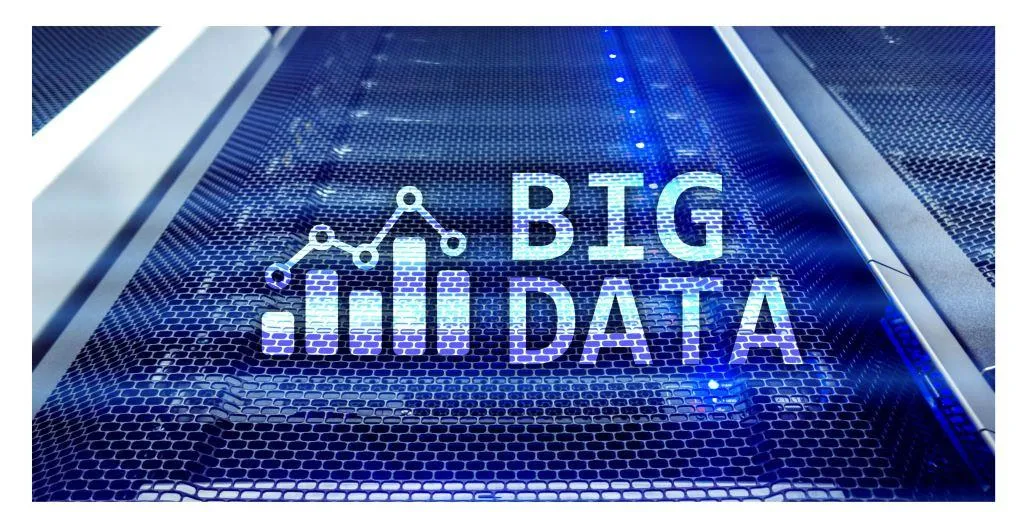
Big Data analytics requires aptitude in mathematics, as it is the arithmetic of adequacy
To work in Big Data analytics, it is helpful to have a knowledge of Hadoop, SQL, R, Python, and other programming language
Big Data analytics is driving employment development, as individuals with data mining and machine learning methods, information visualization tools, and information warehousing knowledge and experience are required for Big Data analytics. Big Data Fields can be any of the following:
Healthcare Big Data Analytics:
Big Data analytics is entrenched in the healthcare industry, from alerting about drug interactions to modeling emergency department use
Big Data analytics capabilities fall into three major categories: descriptive, predictive, and prescriptive
Prescriptive analytics is the future of healthcare Big Data, and the Internet of Things is helping to make it become a reality
Big Data for HR:
Big Data helps companies control their bottom line and avoid costly employee turnover
Big Data is useful for making hiring decisions and determining new hires’ compensation rates
Implementing Big Data involves creating a dedicated analytics team, gamifying the hiring process, and motivating current employees
The skills set area we should develop are the programming languages, Analytical tools, Statics, Hadoop Technologies, etc.
Programming languages we should learn are:
- Java
- Python
- Scala
Mathematics and Statics
You should have good understanding of mathematics and particular the statics. You should be able to solve a problem by applying mathematical formula or set of formulas. Good mathematics is necessary for predictive analysis and machine learning rule sets.
We should learn Hadoop Big Data Platform, HBase, Hive, Storm, Spark, Pig, R, Elasticsearch, Machine learning frameworks and many more technologies to master fast growing Big Data field.
To summarize this, from a Data Engineer perspective, it includes the fields Operations, Data Engineering, Data Analytics and Big Data Business.
Operations is understanding how Big Data Platform work. Understanding Hadoop, NoSQL systems, concepts such as the CAP theorem.
Data Engineering is data processing. This includes understanding of data processing engines, shared nothing architectures, etc.
Analytics: Statistics, application of machine learning, etc.
Big Data Business: Understanding use cases such as Data Monetarization, Predictive Maintenance, Churn, etc.
Relevant Courses that you may be interested in:







